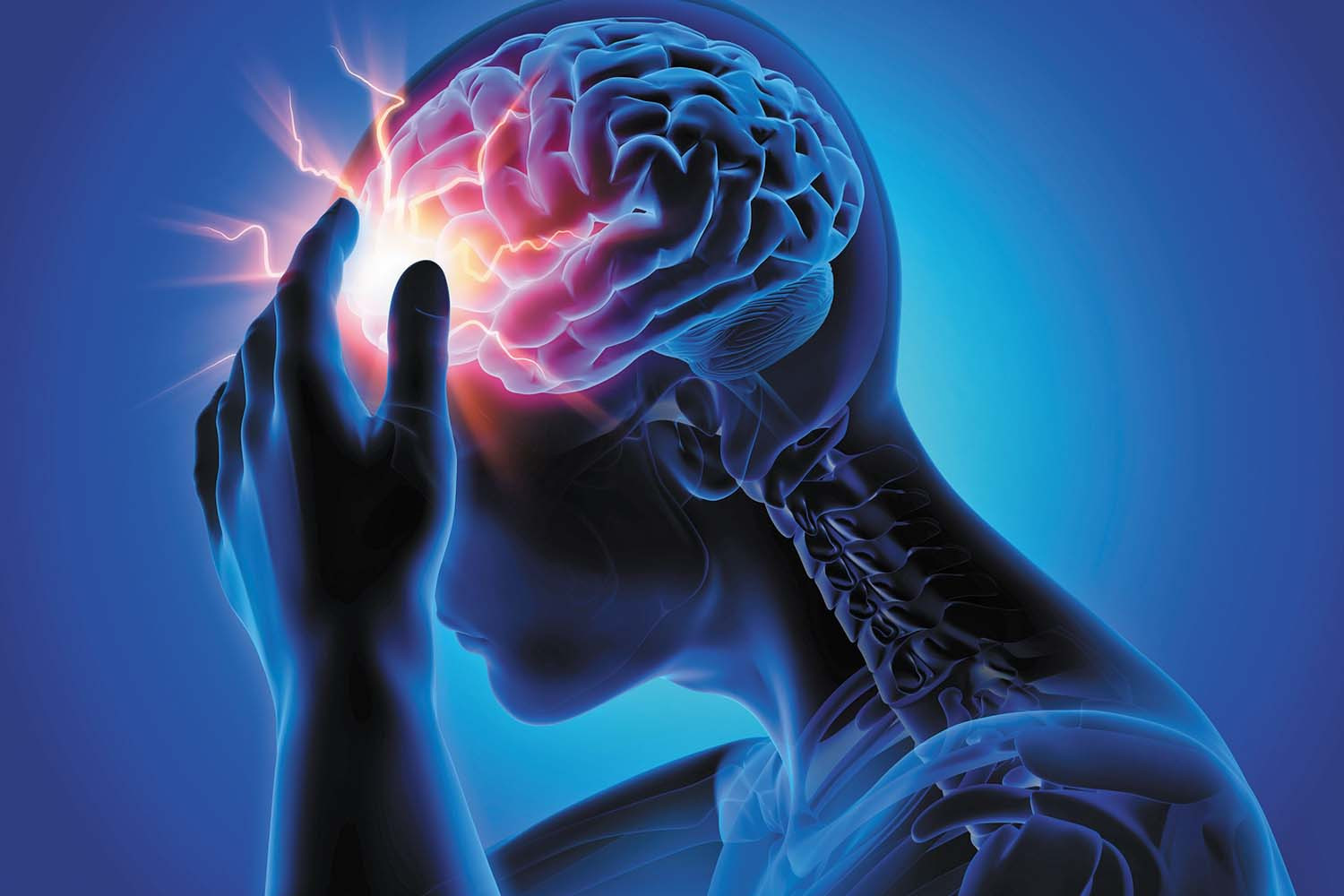
What can magnesium do for you and how much do you need?

Dry socket: Preventing and treating a painful condition that can occur after tooth extraction

What happens during sleep �� and how to improve it

How is metastatic prostate cancer detected and treated in men over 70?

Could biofeedback help your migraines?

Plantar warts: Options for treating this common foot condition

Cancer survivorship: What comes next after treatment

Nutritional yeast: Does this savory, vegan seasoning pack a nutritional punch?

Salmonella is sneaky: Watch out

Two jobs may lower the odds of dying from Alzheimer's disease �� but why?
Sleep Archive
Articles
Top 7 reasons you have a headache
Headaches can have many triggers from allergies to stress, or even hunger. Understanding headache triggers can help you avoid one in the future. Here's a look at the most common triggers for each kind of headache.
Surprising causes of neck pain
Neck pain is often the result of strained neck muscles that become irritated from everyday activities. Examples include watching TV for hours at a time, sleeping without enough neck support, slouching, looking down at a smartphone for long periods, lifting heavy dumbbells, or getting stressed out. Ways to avoid such neck pain include using pillows to better support the neck on a couch or in bed, sitting up straighter, keeping electronic screens at eye level, lifting weights that aren't too heavy, and practicing stress management.
Does coffee help or harm your heart?
Drinking coffee does not appear to increase the risk of heart rhythm problems, such as atrial fibrillation, in healthy people. It may temporarily raise blood pressure and the number of non-harmful skipped beats. While it may have other minor mixed positive and negative effects on other heart-related factors and behaviors (such as increased daily step counts, but decreased sleep duration and slightly higher LDL cholesterol), moderate coffee consumption appears to have no impact on the overall risk of cardiovascular disease.
Keep midday naps to less than 30 minutes
Research supports the health benefits of taking afternoon naps, but they should last less than 30 minutes, according to a 2023 study.
Sleep problems may raise the risk of stroke
A 2023 study suggests that sleep problems such as snoring, snorting, or getting too much or little sleep can significantly raise the odds of having a stroke.
Can mouth taping help my snoring?
Despite social media claims, mouth taping while sleeping can prove risky, leading to hampered breathing, disrupted sleep, or skin irritation. People who can't breathe through their nose when sleeping should see their doctor to evaluate the problem.
Irregular sleep patterns linked to atherosclerosis
A 2022 study suggests that sleep irregularity—night-to-night variations in sleep duration and timing (when someone falls sleep)—are linked to atherosclerosis (plaque buildup in the arteries).
Healthy habits might ward off long COVID
A 2023 study suggests that women who practice many aspects of a healthy lifestyle are about half as likely as women who don't to experience persistent symptoms after a COVID-19 infection.
Sleep apnea may lead to weaker bones and teeth
A 2022 study found that people with sleep apnea are more likely to have low bone density. Apnea may trigger low oxygen levels and inflammation that impair the body's continuous bone renewal process.
Should you be tested for sleep apnea?
Obstructive sleep apnea is a condition marked by brief pauses in breathing, often triggering loud snoring, grunts, gasps, and choking noises. Because sleep apnea can put stress on your heart and circulation, it's important to learn the signs and symptoms and get treatment.

What can magnesium do for you and how much do you need?

Dry socket: Preventing and treating a painful condition that can occur after tooth extraction

What happens during sleep �� and how to improve it

How is metastatic prostate cancer detected and treated in men over 70?

Could biofeedback help your migraines?

Plantar warts: Options for treating this common foot condition

Cancer survivorship: What comes next after treatment

Nutritional yeast: Does this savory, vegan seasoning pack a nutritional punch?

Salmonella is sneaky: Watch out

Two jobs may lower the odds of dying from Alzheimer's disease �� but why?
Free Healthbeat Signup
Get the latest in health news delivered to your inbox!
Sign Up











